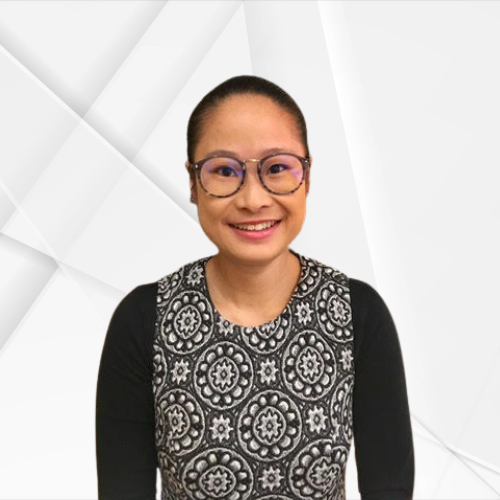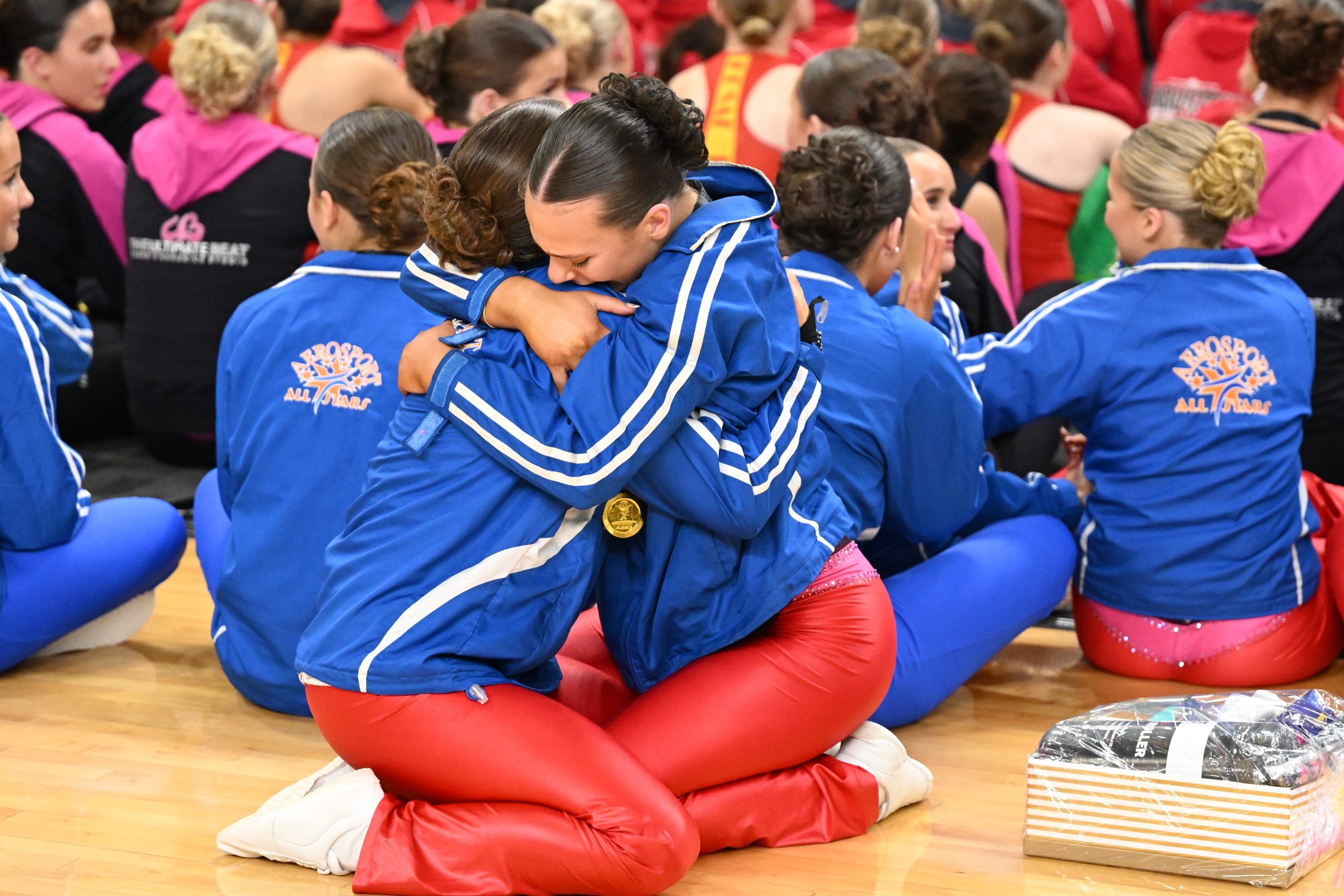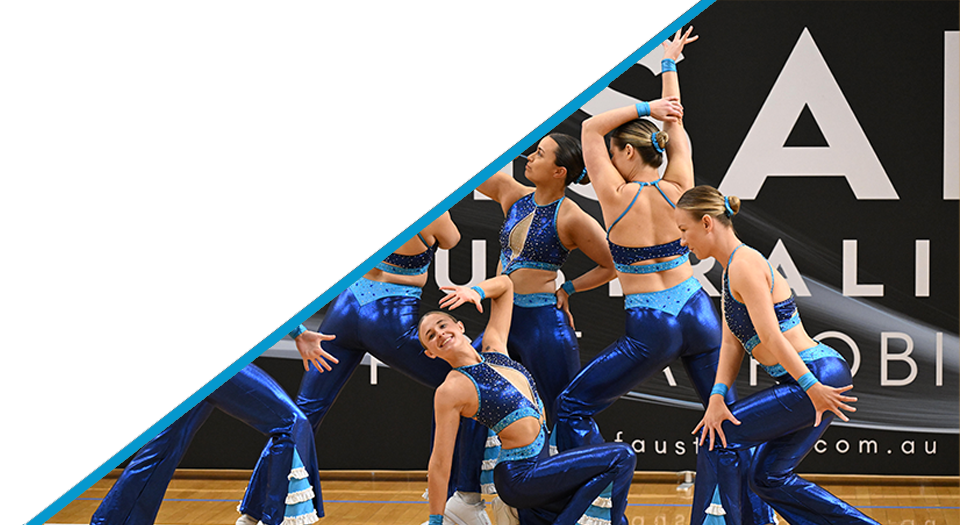Member Wellbeing
FISAF Australia is dedicated to fostering the safety and well-being of all its members—athletes, coaches, and supporters.
This commitment is evident through its well-defined policies, proactive initiatives and evolving education programs.
Policies & Practices
Policies and practices aimed at protecting and promoting member wellbeing include:
- Child Safety and Wellbeing Policy
- Code of Conduct
- Conditions of Entry – Events
- Event Photography & Film Policy
- Detailed staff briefing prior to each event
Wellbeing Working Group
In 2025, FISAF Australia formed a community-led working group tasked with a purpose to develop projects with a view to creating outcomes that seek to enhance the wellbeing of members of the FISAF Australia community. Project creation is founded on community consultation, and support from FISAF Australia is available for things such as funding, publication and outcome dissemination. Members have been selected via a nomination process and represent members across all states.
The Wellbeing Working Group (WWG) is overseen by Clinical Psychologist, Peiling Kong. Pei, born in Malaysia, competed in FIG aerobics gymnastics and FISAF sports aerobics from 2003 to 2011. A clinical psychologist since 2012, Pei works with children, adolescents, and adults on a range of mental health presentations. She has spent 12 years supporting female athletes at all levels, helping them manage performance anxiety, perfectionism, body confidence, and mental strength. FISAF Australia is grateful for the expertise, guidance and support of Pei with this community wellbeing initiative.
Education & Resources
In early 2025, FISAF Australia hosted its inaugural conference, welcoming coaches, officials, and athletes aged over 18. This flagship educational event featured a series of expert-led sessions centred on key aspects of athlete well-being, including injury prevention and recovery, mental performance, and optimal nutrition for sports. The overwhelmingly positive feedback from attendees has led to the scheduling of the next conference in early 2026, which will continue to emphasize comprehensive well-being topics.
FISAF Australia in collaboration with the Wellbeing Working Group look forward to implementing further educational opportunities which will aim to enhance wellbeing for coaches and athletes.
Wellbeing Resources
The following apps are free to download, with a focus on mindfulness practice, managing stress, anxiety, and low moods.
Apps for children (5+ to 12 years)
Smiling Mind: guided mindfulness programs for children, adolescents, and adults. There are programs for athletes too
Breathe, Think, Do with Sesame: a problem-solving, resource app and breathing tools. Parents/coaches can help children to use the “Breathe, Think, Do” strategy to calm down, identify their feelings, and work to solve their problem!
Mindful Powers: an award-winning, kid-first, holistic approach to helping young minds learn and practice mindfulness so they can respond more effectively to stressful situations through the power of play.
Breeze helps children understand their emotions and to learn new habits, and be aware of beliefs and patterns in their thinking.
Sleep Ninja was designed and developed at the Black Dog Institute in consultation with young people, their parents/carers, psychologists, counsellors, and sleep experts. It is the first adolescent-focused app which helps young people improve their sleep. It’s free to use and backed by research.
Apps for teens (12 years and older)
Smiling Mind: age-appropriate mindfulness
Mind Shift CBT: evidence-based anxiety support
Insight Timer: free meditations and sleep support
Finch is a self-care and wellness companion app encouraging daily goals and healthy habits (free tier available)
ClearlyMe is an app designed for teens aged 12-17 who are experiencing depressive symptoms, psychological distress or in other words, going through a tough time.
Sleep Ninja was designed and developed at the Black Dog Institute in consultation with young people, their parents/carers, psychologists, counsellors, and sleep experts. It is the first adolescent-focused app which helps young people improve their sleep. It’s free to use and backed by research.
Free mental Health programs and support for children and adolescents
Families seeking no-cost mental health resources for children and young people can access a range of services across Australia. These programs provide early intervention, crisis support, and ongoing care:
BRAVE Program: Free, evidence-based online treatment program by University of Queensland for childhood and adolescent anxiety (ages 8–17).
THIS WAY UP Teen Program: Self-paced online course for teens and parents to manage anxiety and low mood. (This requires a clinical psychologist, psychologist, or school counsellor to share the program)
Headspace: Free mental health services for youth aged 12–25, including counselling and support through local centres and online.
Kids Helpline: 24/7 phone and web counselling for children and young people aged 5–25.
Beyond Blue: Offers youth-focused mental health resources, a 24/7 helpline, and peer forums.
CAMHS / CYMHS (Child & Adolescent Mental Health Services): Publicly funded specialist services for children and teens experiencing moderate to severe mental health challenges.
Family Mental Health Support Services (FMHSS): Community-based, early intervention supports for children and families at risk of mental illness.
Free mental Health programs and support for adults
THIS WAY UP Mental Health Program: Self-paced online course for adults to manage anxiety and low mood. (This requires a clinical psychologist, psychologist, or school counsellor to share the program)
MindSpot Free online, psychological support run by psychologists and University of Macquarie
Crisis Services for adults:
- Lifeline: 13 11 14 — 24/7 crisis support
- Beyond Blue: Offers youth-focused mental health resources, a 24/7 helpline, and peer forums.

Seeking Professional Support
A note from Pei:
Emotional and mental wellness will help every athlete perform at their best, and also help them manage day to day stress, challenges, and social connections. You don’t have to feel sad, angry, or anxious to engage with a therapist. In fact, when I was a FISAF Worlds athlete, my coach (Tim Crowe) strongly encouraged me to work with a mental health professional, so that I was managing commitments as a university student, learning to set expectations and goals for competition, that I was balancing work-life-study, and how best to manage my competition nerves. I learned skills that made me a stronger athlete and also a more grounded person outside of training.
If you are a coach or parent who believes your athlete or child may benefit from professional support, it’s a good idea to speak to your family GP. He or she will be able to recommend a suitable therapist, psychologist, or other allied health professionals.
If you are a young athlete and not sure how to ask for help, sometimes sharing how you feel with mum or dad, your coach, a trusted teacher, or an aunt, uncle, or other relative can be a good start.
Peiling Kong PhD (submitted) – Clinical Psychologist & retired FISAF international athlete.

Enquire Now!

Enquire Now!

DISCLAIMER: The information and materials contained within this website are owned by Inspire Events Australia.



